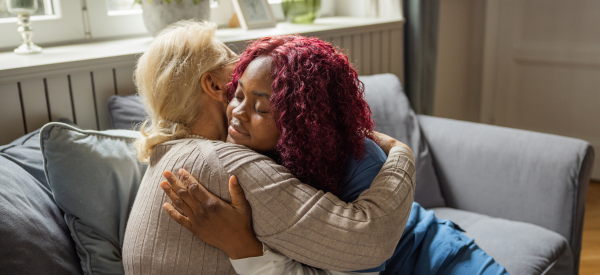Depending on the procedure, having surgery can be a pretty stressful experience. As caretakers, we’re often concerned about the things that need to be done in preparation of the surgery, how well the procedure goes and what to expect afterward.
The healing process itself can be daunting and one that requires a lot of time and assistance from loved ones to aid in a successful recovery.
If you’re a caretaker and your senior has just undergone surgery, here are a few things Freedom Home Care found that you can do to relieve the anxiety of caring for someone during their recovery.
Ask the Doctor about the Procedure
Every surgery requires a different kind of post-operative care. The process of recovery for cataract surgery is extremely different than that of heart bypass surgery. A patient might also need more assistance after one than they do the other. Knowing what is needed in your situation is an important step in post surgery care.
Realize also that the duties in your role as caregiver could change. You might go from cooking and changing bandages to picking up prescriptions and taking your loved one to and from appointments at any given time.
Get Post Discharge Details
Will your loved one require physical therapy? Does the doctor recommend basic in-home care or specialized elder care? Where is the pick up for medications? Is a medical supply store close to home? When is your senior’s next follow-up appointment?
Knowing all of the details about your senior’s discharge before leaving the hospital is one of the most important steps in the success of their continuing care.
Prepare for Your Loved One’s Homecoming
Now that you have a better idea about what to expect after discharge, it’s time to prep your senior’s home for their return.
Following basic home safety tips, make sure that carpets and rugs are trip and slip proof by taping them down, declutter living rooms and bedrooms, install grab bars in bathrooms and make sure everything your loved one needs is within reach.
Communicate With Them
Many times during recovery when patients are restricted in their actions and movements, a lack of interaction with others can lead to feelings of loneliness. Helping your loved through the recovery process may also mean setting aside time from your other caregiving duties to help your senior stay engaged. Just like you, they could be feeling a number of things associated with their recovery.
Sometimes your loved may just need someone to talk to. Keeping the lines of communication open also allows for much a needed time of bonding.




